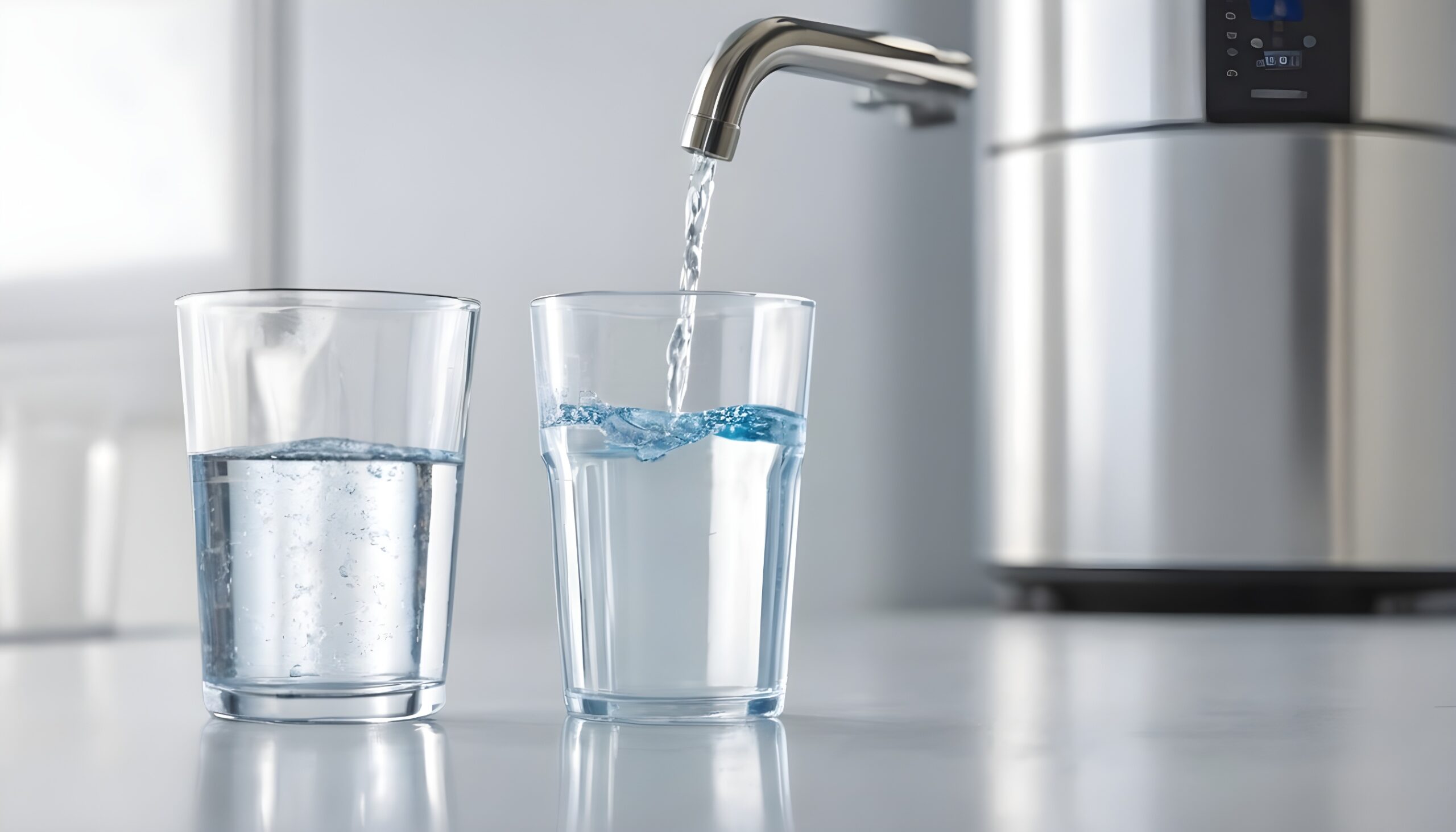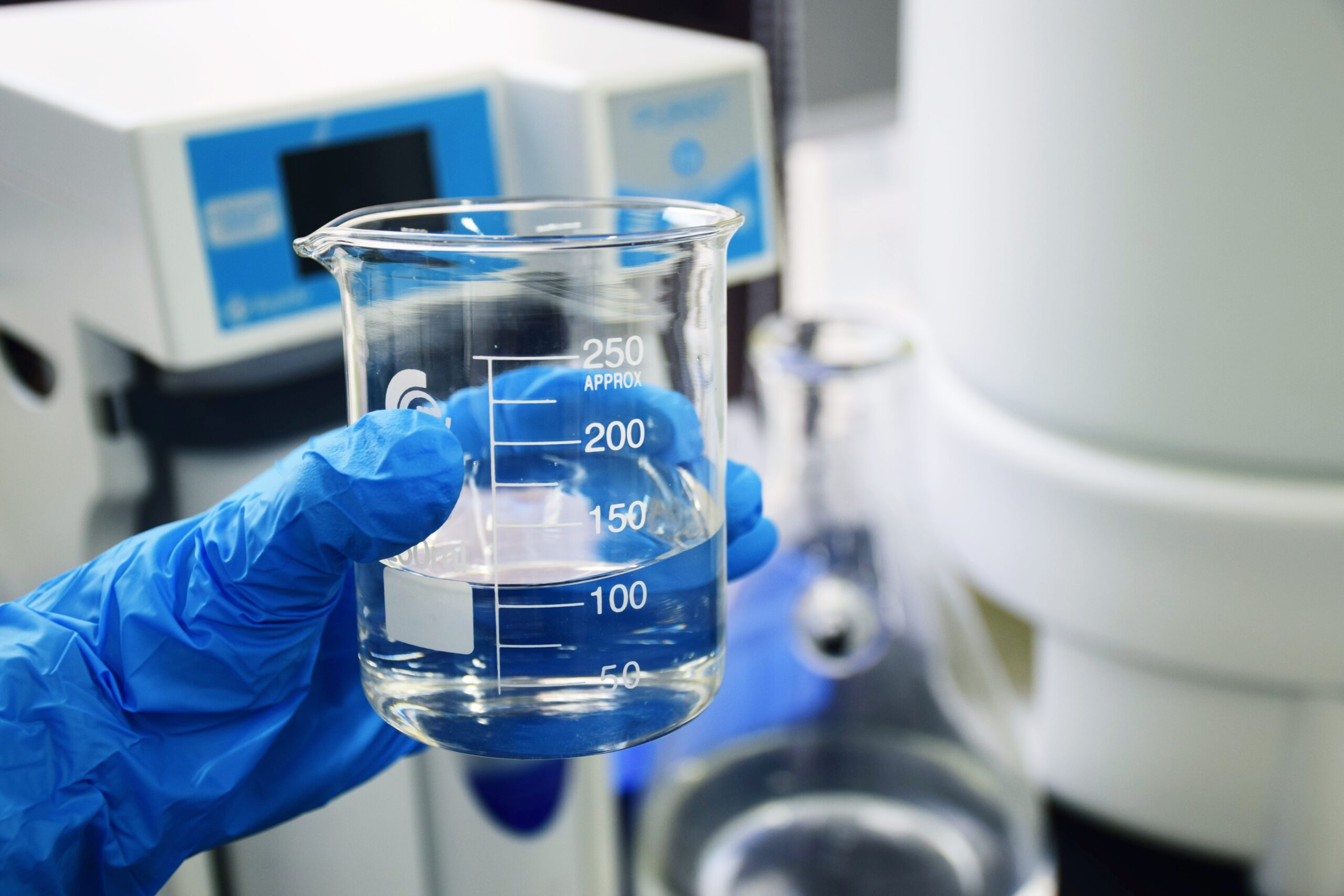Why a Water Filtration System Is Necessary for Tidy, Safe Water
Access to clean, secure water is a fundamental human right and a cornerstone of public health and wellness. A water purification system stands as a vital solution to minimize these risks, making sure that areas and people can access secure drinking water.
Significance of Clean Water
Accessibility to clean water is an essential need for human health and wellness and health. It is necessary for sustaining life, sustaining hygiene, and keeping total public health. Water Purification System. The accessibility of secure alcohol consumption water significantly lowers the threat of waterborne illness, which posture a considerable danger to communities worldwide. Polluted water can result in major wellness issues, including stomach diseases, cholera, and dysentery, particularly in at risk populaces such as kids and the elderly.
Furthermore, tidy water is critical for cleanliness and health techniques, which are essential in protecting against the spread of transmittable conditions. Adequate water system sustains proper sanitation facilities, advertising a healthier atmosphere. Furthermore, accessibility to secure water influences socioeconomic factors, as it enables communities to involve in industrial and agricultural activities, eventually adding to financial development.
In many areas, the absence of tidy water exacerbates destitution and inequality, additional preventing development towards sustainable development objectives. For that reason, guaranteeing access to tidy water is not only a public health and wellness necessary however also a cornerstone for social equity and financial development. Efforts to improve water quality and framework have far-reaching benefits, cultivating much healthier communities and enhancing lifestyle.

Usual Impurities in Water
Ensuring the accessibility of clean water is weakened by numerous impurities that can jeopardize its security and high quality. The presence of microorganisms, such as germs, infections, and parasites, poses considerable health and wellness risks, specifically in locations lacking sufficient hygiene. These microbes can bring about waterborne diseases, leading to serious disease or also death.
Chemical impurities also provide an important concern. Hefty steels, consisting of arsenic, mercury, and lead, typically enter water products via industrial discharges or corroded plumbing. These materials can gather in the body with time, causing long-term health and wellness problems such as neurological damages and developmental disorders.
In addition, farming overflow presents chemicals and fertilizers into water systems, which can interrupt environments and negatively influence human health and wellness. Nitrates, typically located in plant foods, can cause serious problems like methemoglobinemia, specifically in infants.
Advantages of Water Purification Systems
Acknowledging the essential need for secure alcohol consumption water, water filtration systems provide a myriad of advantages that improve public health and ecological sustainability. Mostly, these systems properly eliminate hazardous contaminants, including microorganisms, viruses, hefty steels, and chemicals, guaranteeing that the water taken in is devoid of pathogens and toxins. This decrease in impurities significantly decreases the risk of waterborne diseases, promoting general neighborhood wellness.
Along with wellness advantages, water purification systems add to ecological sustainability by reducing dependence on mineral water, which frequently produces extreme plastic waste. By using a filtration system, homes can lower their carbon footprint and add to a more sustainable environment. These systems can enhance the taste and smell of water, making it more tasty for day-to-day consumption.

Various Sorts Of Purification Approaches

One usual method is reverse osmosis, which utilizes a semi-permeable membrane to different water from dissolved impurities and solids. This process successfully lowers contaminations, including hefty metals and chemicals. Another extensively made use of method is ultraviolet (UV) sanitation, which employs UV light to neutralize microorganisms and infections, providing them harmless without using chemicals.
Activated carbon filtering is one more popular method, utilizing carbon to adsorb organic compounds, chlorine, and unpleasant smells, enhancing preference and odor quality. Distillation, a procedure that includes boiling water and condensing the steam, successfully removes minerals and contaminants but may call for more energy contrasted to other methods.
Ion exchange is typically utilized to soften water by changing calcium and magnesium ions with sodium or potassium ions. Each method has its benefits and limitations, making it vital to recognize their capabilities and performance in addressing details water top quality concerns - Water Purification System. Inevitably, selecting the proper filtration method is vital for making sure risk-free and clean drinking water
Selecting the Right System
Picking an ideal water filtration system needs mindful consideration of numerous factors, including the details pollutants present in the water, the quantity of water required, and the desired purification technique. It is necessary to carry out a water high quality examination to recognize contaminants such as bacteria, hefty metals, or chemical contaminants. This details will certainly direct try this web-site you in selecting a system that properly targets those specific pollutants.
Following, assess your house's daily water usage to figure out the system's ability. Systems are offered in various sizes, from point-of-use filters for alcohol consumption water to whole-house devices that detoxify all water entering your home.
Furthermore, take into consideration the purification approach that best fits your requirements. Reverse osmosis is very efficient for getting rid of a vast variety of contaminants, while UV filtration is excellent for removing microbes.
Conclusion
In conclusion, the execution of water filtration systems is crucial for making sure access to risk-free and clean water. By understanding the value of clean water and the advantages of different purification methods, areas can make educated choices to guard their health and wellness and promote socioeconomic stability.
Recognizing the vital demand for risk-free drinking water, water website here filtration systems supply a myriad of benefits that improve public wellness and ecological sustainability.In enhancement to health and wellness benefits, water purification systems add to ecological sustainability by decreasing dependence on bottled water, which usually generates extreme plastic waste. Ultimately, the fostering of water purification systems is a positive step toward guaranteeing tidy, risk-free water for future generations while safeguarding public health and the atmosphere.
Choosing an ideal water purification system needs cautious factor to consider of different elements, including the particular pollutants present in the water supply, the volume of water required, and the desired purification method.In conclusion, the application of water read more filtration systems is vital for ensuring access to tidy and secure water.